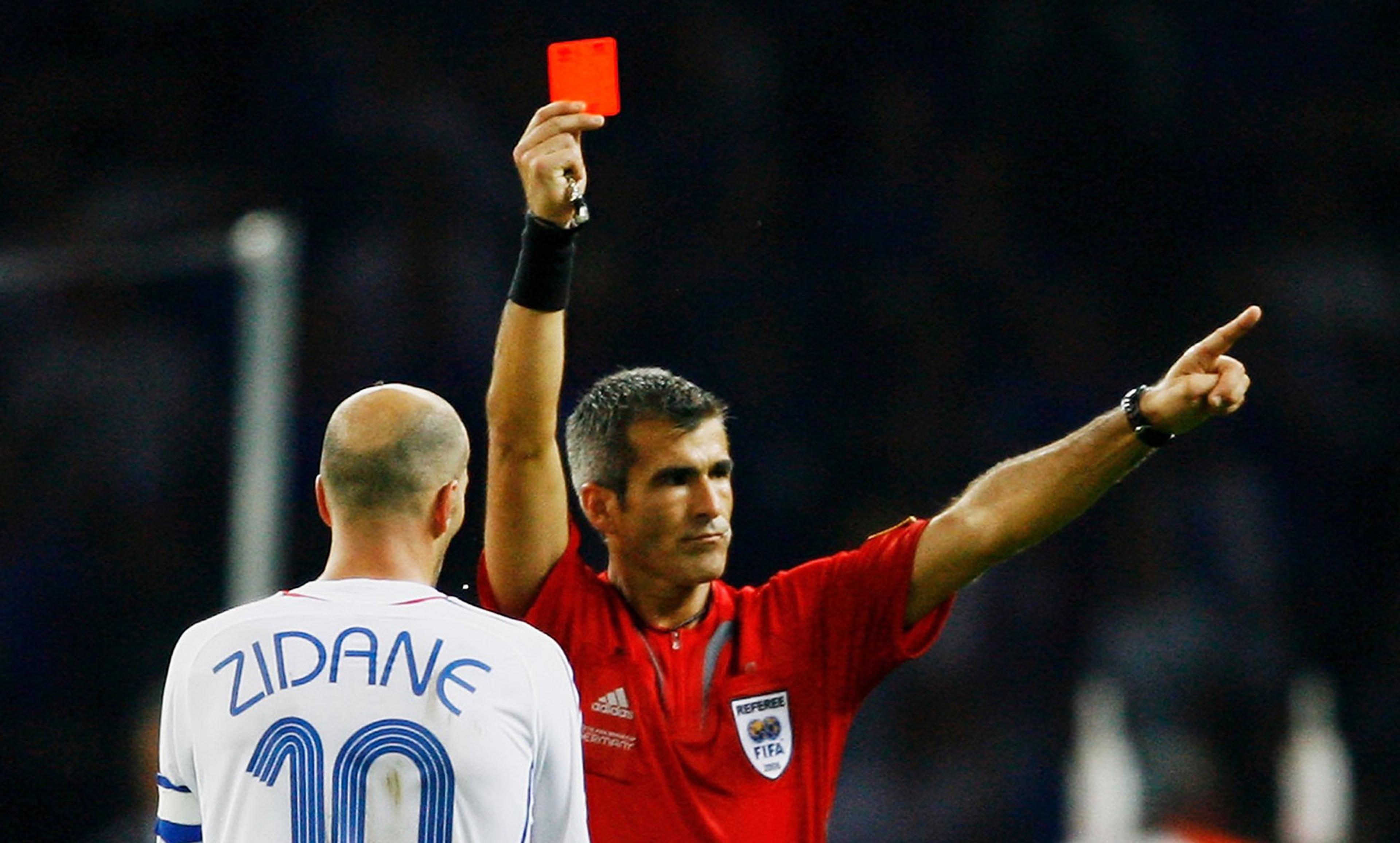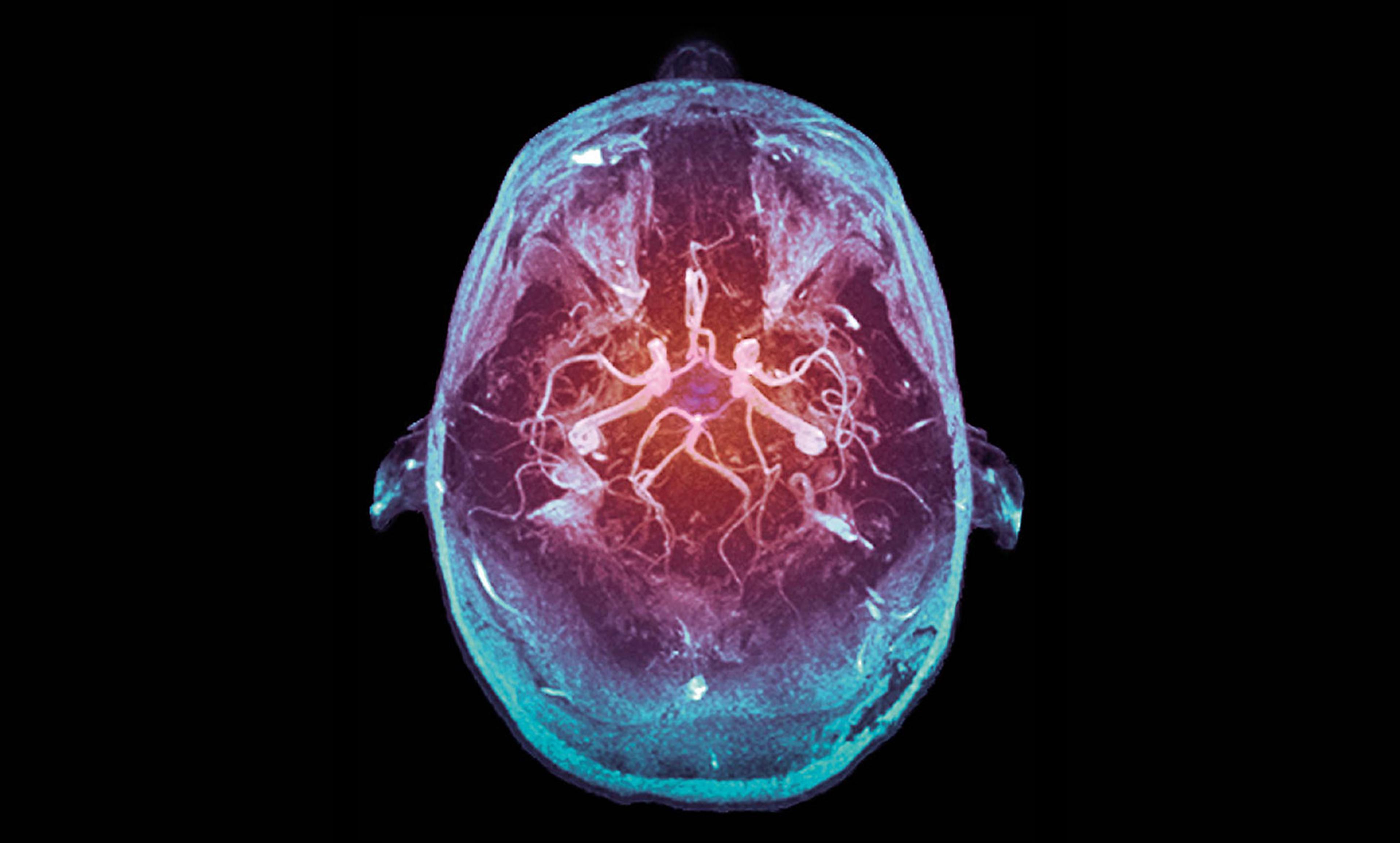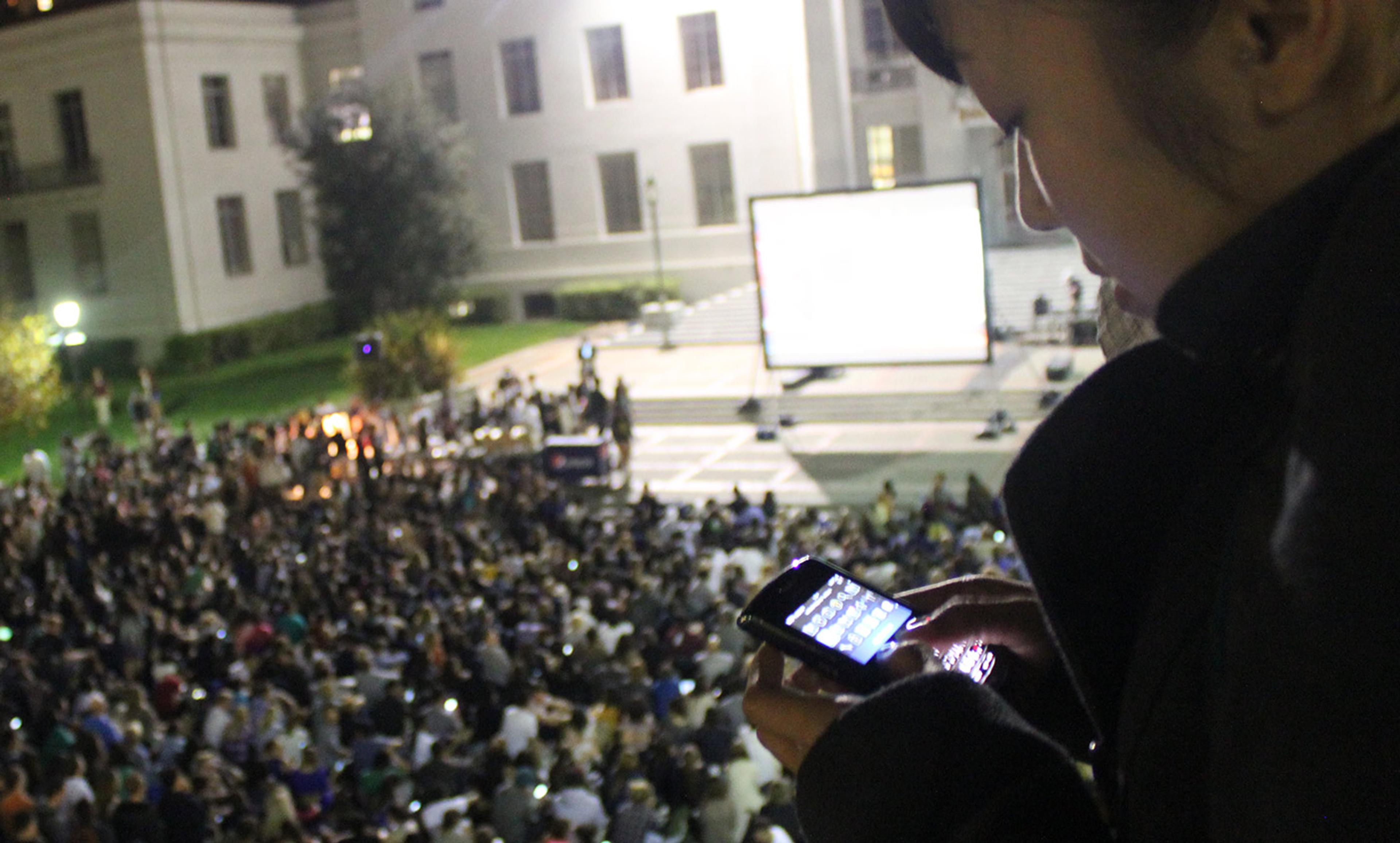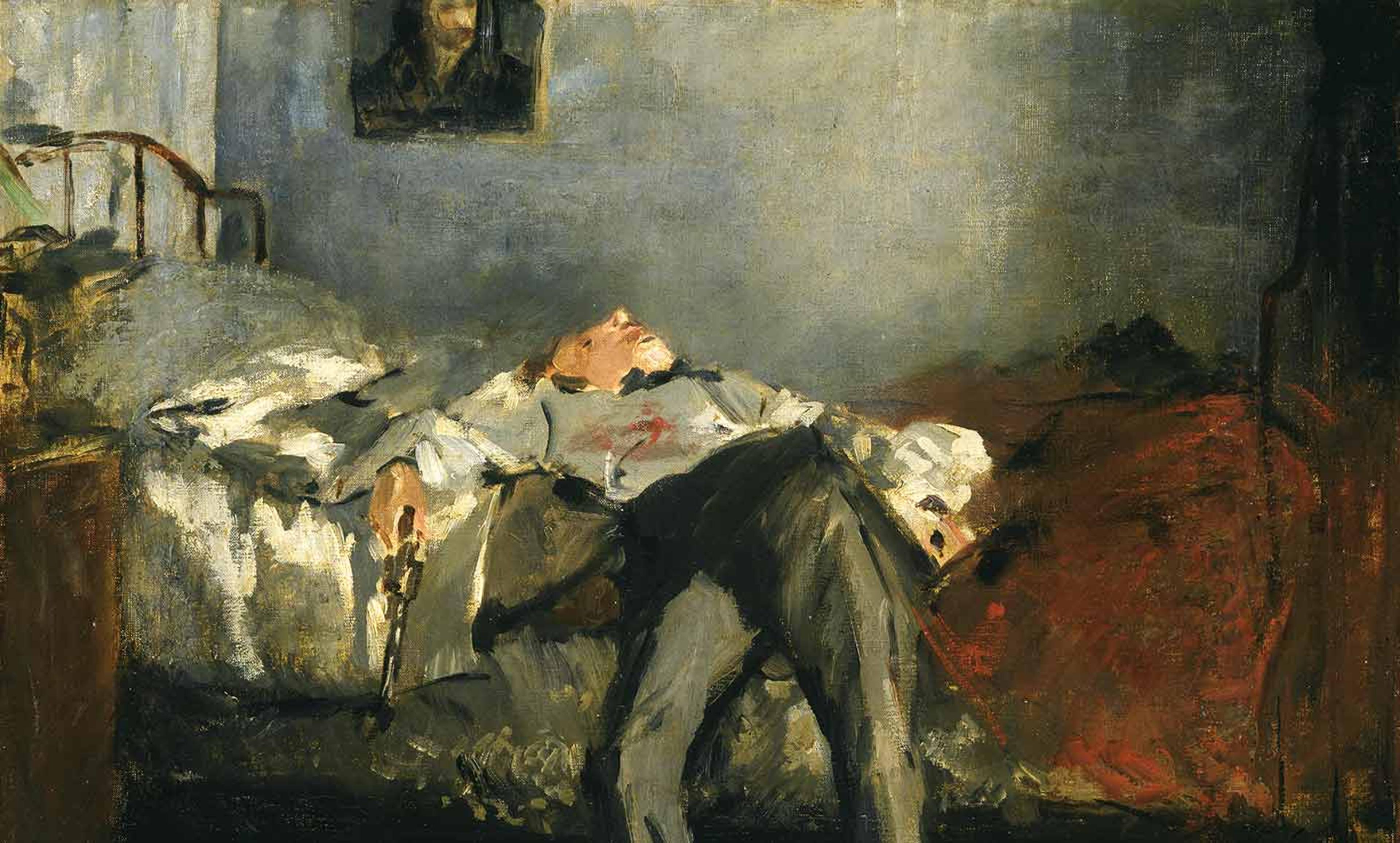Photo by Richard Baker/Getty
One of the hallmarks of existentialism is its particular emphasis on the concept of ‘anguish’, understood as the feeling we experience when we grasp our radical responsibility in defining who we are – individually and as a species. If human beings have no predetermined essence written in the heavens, as existentialists argue, and we can be pinned down only as something based on our actual existence, then our actions – for which we are responsible – are the only measures of what it is to be a human being.
The French philosopher Jean-Paul Sartre summarised this idea with the statement that for humans ‘existence precedes essence’. But the corollary of his existentialist take on our being is the tormenting realisation that we are nothing outside of what we make of ourselves; or, in other words, that we are absolutely responsible for our existence. In fact, it is not only our individuality that we are responsible for when we choose; in his lecture Existentialism Is a Humanism (1946) at least, Sartre claims that we also commit the rest of humanity when engaging in a particular way of being. He argues that, since every single one of our actions creates an image of humanity as we think we ought to be, we should then always ask ourselves: ‘What would happen if everyone did as one is doing?’ When we truly confront this question, we become aware of the extent of our responsibility towards humankind, leading to an unavoidable feeling of anguish – a kind of dizziness prompted by the realisation of our enormous duty.
One of the problems with Sartre’s argument is that, in practice, we rarely experience the harrowing anguish he describes as we go about life. Yes, there are special occasions when we have to make difficult choices and we are confronted with the weight of our responsibility as agents, but these are exceptional cases at best. To say that we should act as if every single action we perform was a statement that defines us as individuals and humanity at large simply goes against our regular experience: as important as we might take ourselves to be, most of our actions seem inconsequential in shaping who we are individually or collectively.
Yet something strange is happening as our lives migrate from the analogue to the digital that could, to an extent, vindicate Sartre’s heightened idea of responsibility and the anguish it induces. Let’s start with personal responsibility. Think about the now commonplace experience of ‘suggested posts’ or ‘recommendations’ that we get from data crunchers online. The level of accuracy with which probabilities and correlations manage to capture our individual preferences and predict our next course of action is often spooky. It can feel as if we are being watched and our behaviour, wants and desires accurately predicted. But if algorithms manage to produce such accurate feedback about our preferences, this is because they feed on the growing trail of digital crumbs that our agency leaves along the way. To put it in existentialist terms, in our digital lives we do have the constant experience that our digital existence precedes our essence. Had we acted differently, the digital essence that algorithms distil from our existence would have also differed. But the more we act, the more our online choices get determined by what the machine gives back to us based on our previous choices.
Our increasing awareness of the extent to which our online behaviour defines us also helps to explain our natural apprehension towards the rise of ‘all-seeing’ Big Data. There is certainly a real need to safeguard our privacy when we cloak ourselves behind private browsing or virtual private networks. But I will argue that part of the reason why we hide our activity from algorithms is to escape the anguish-inducing experience that everything we do online will be used to define us. We do not want this query or that visit to such-and-such a website to exemplify who we are, so we mask it in order to tell ourselves and the algorithms that we are not those people searching for this or visiting that. More than this, we don’t want our past choices to constrain the choices we are offered in the future. We’d rather deflect our responsibility and carry on in the peculiar kind of self-deception that Sartre dubbed ‘bad faith’, somehow believing that we are not simply the sum of what we do, an illusion that is easier to maintain if there isn’t an algorithm constantly reminding us of how the choices we have made define what we are to them.
A parallel phenomenon is also true for our extended responsibility towards humanity. In a digital world such as ours, we are increasingly aware that every single action we perform is being digitised and immediately added to the public commons we call ‘the internet’ – a place where algorithms stitch together patterns to produce a collective image of what it is to be a human being. In other words, it is increasingly clear to each of us that only because we act in certain ways, and prefer certain things, that algorithms learn to distinguish, rank and define what is important for humans at large. It might still be a step too far to argue, as Sartre did, that each choice we make endorses a vision of how humanity ought to be. Yet it is certainly true that if an action can be digitised, it will be added into the ever-growing pool of data that, to an increasing extent, influences what we think we ought to do. We constantly consult search engines, apps and digital assistants as central inputs into our decisions. But the direction in which Big Data stirs us ultimately depends on the sediment of our collective past choices. And for that, we are certainly responsible, even if our individual contribution appears minuscule; to tell ourselves that we are not is nothing but a refusal to confront our new transparent reality.
In sum, the quintessential existentialist insight that, in choosing, we constitute both ourselves and the world around us is, and will become, ever more noticeable in cyberspace. Digitisation and the use that algorithms make of our data give us an unavoidable example of the extent to which our agency matters. The harder it becomes to escape from Big Data painstakingly collating everything that we do into a digital avatar of who we are, the clearer it should become that what we are is what we make of ourselves through our agency. And as our choices accumulate in the collective reservoir that Big Data mines, we need to acknowledge our extended responsibility as contributors into what is fast becoming the authoritative blueprint for humanity.
This is certainly an anguish-inducing type of freedom as it places in our hands the full power to define ourselves and humanity through the additive contribution that we all make into the sea of Big Data. Still, a heightened degree of anguish towards our responsibility as agents is not a bad thing when the stakes are as high as they are in a world in which everything everyone does adds into the digital stock that defines us. As the saying goes, ‘With great power comes great responsibility’; to which an existentialist might add: ‘And with great responsibility comes great existential anguish.’ We can serve humanity better if we take our anguish for what it is: a sign that in these interconnected days, our responsibility as agents is increasing.






